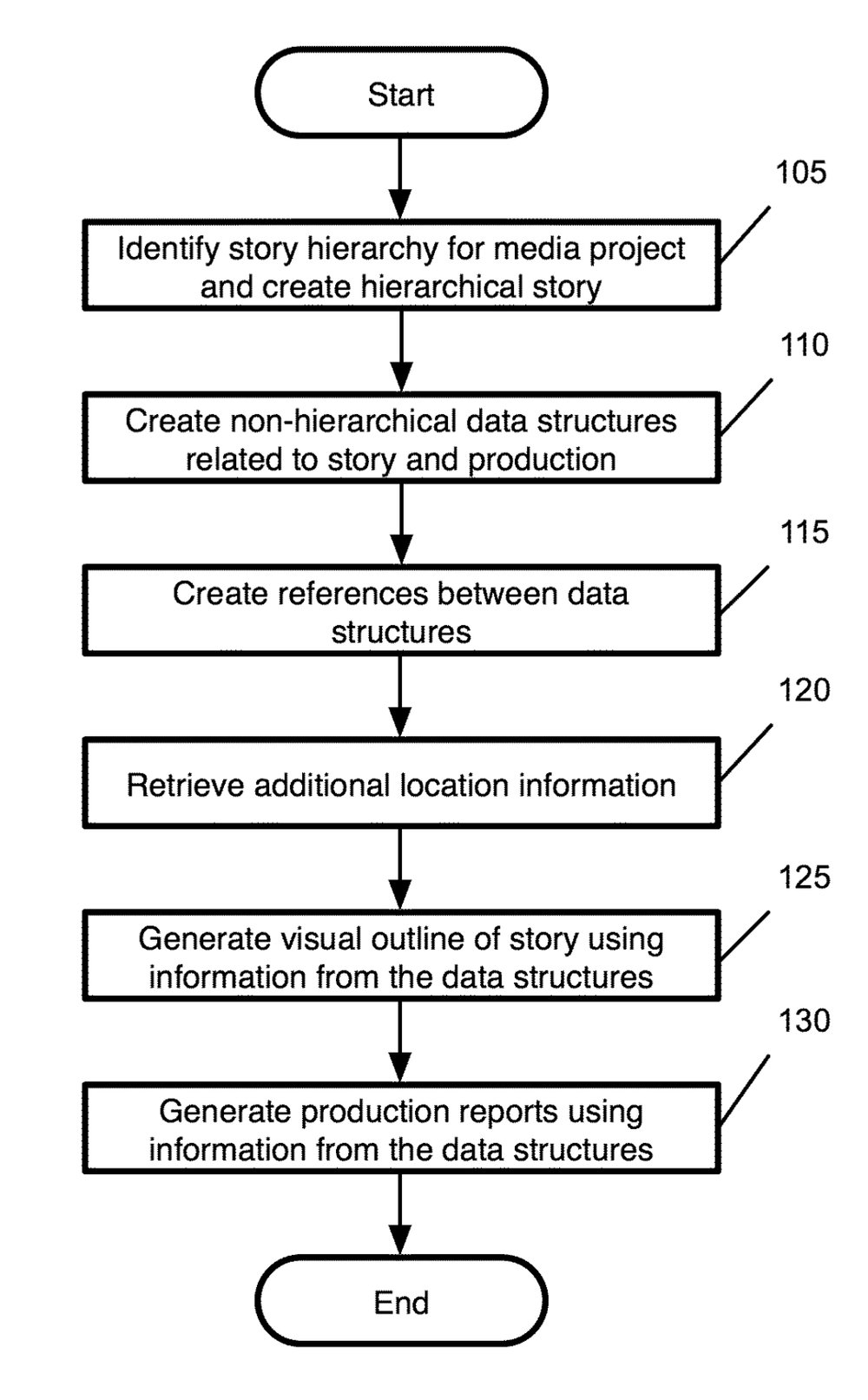Apple has been granted a patent (number 9,429,759) for a “head-mounted display apparatus for retaining a portable electronic device with display” that refers to an augmented/virtual reality system for the iPhone.

The invention involves head-mounted display systems and methods of operation that allow users to couple and decouple a portable electronic device such as a iPhone with a separate head-mounted device. The portable electronic may be physically coupled to the head-mounted device such that the portable electronic device can be worn on the user’s head.
Finally, Apple may also be working on a new “media production application,” as hinted at by a newly granted patent (number 9,431,057). The app receives a script of a media project and parses the script to identify (i) story sections of the media project and (ii) characters in the media project. It automatically creates data structures for the story sections and the characters, and associations between the story sections and the characters.

Also, the app receives several different types of data related to production of a media project and automatically schedules production activities for the media project based on the different types of data. For each location at which one or more story sections will be filmed, the software receives a photo of the location. The application displays a graphical outline of the media project in which each story section is represented by a thumbnail of the photo of the location at which the story section will be filmed.
In the patent filing, Apple notes that today most media pre-production activities are performed almost entirely manually. A producer, director, etc. of a movie will acquire blocks of sticky notes prior to beginning pre-production on the movie, and use these sticky notes to keep track of the story and other data. Location photographs are tacked up along with the sticky notes, information about filming locations is manually looked up on the Internet and printed out, and one or more people involved in the movie production have to handle the time-intensive process of trying to schedule all of the filming activities.
In addition, reports such as cost analysis and actor schedules must be generated through entering a myriad of data into spreadsheets. Daily production reports are manually typed out on a daily basis. Apple thinks that much of this pre-production and production activity could be computerized, such that information can be stored in an organized fashion and used to streamline the pre-production and production process.
Finally, Apple has been granted a patent (number 9,429,435) for an “interactive map” that would allow you to dynamically adjust the content of an electronic map. Different modes can be chosen to emphasize features relevant to a particular interest, e.g. commuting, tourism, weather, etc.

Combinations of modes can be selected to create a customized map. When a search is conducted, the chosen mode functions as a filter for the retrieved results. The map responds to user input directed to a given feature, to display information relevant to that feature. Tapping or clicking on a highway displays the locations of services along the highway.
Touching two points on the map causes available routes between them to be computed and displayed to the user, along with relevant data for each route. Geospatial applications can be integrated with the map to provide information pertaining to the area displayed on the map, and to refine search results to those that are relevant to the area.
Keep in mind that Apple files for — and is granted — lots of patents by the U.S. Patent & Trademark Office. Many are for inventions that never see the light of day. However, you never can tell which ones will materialize in a real product.

